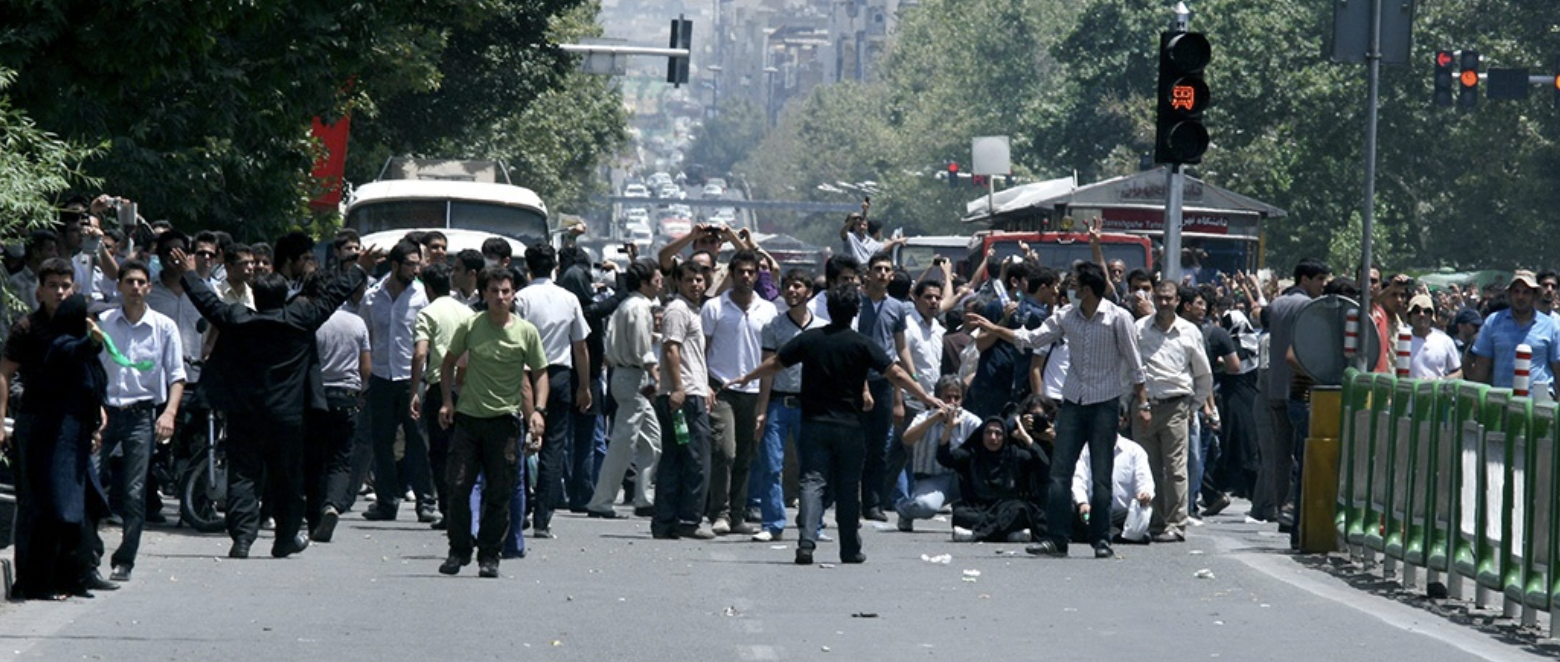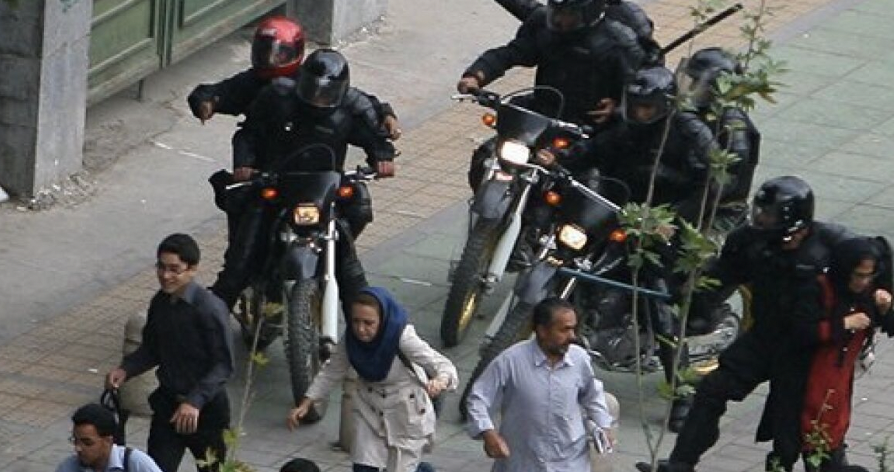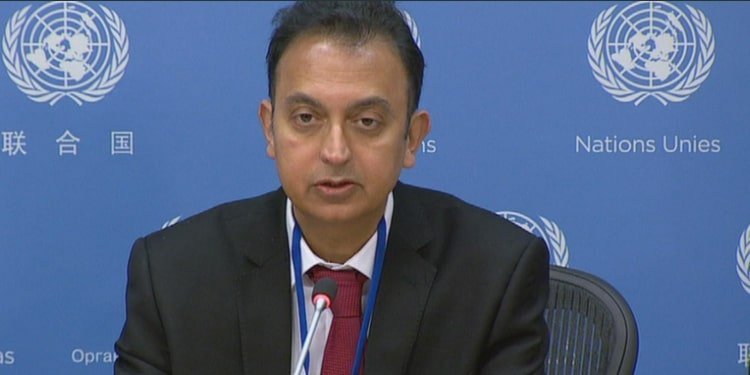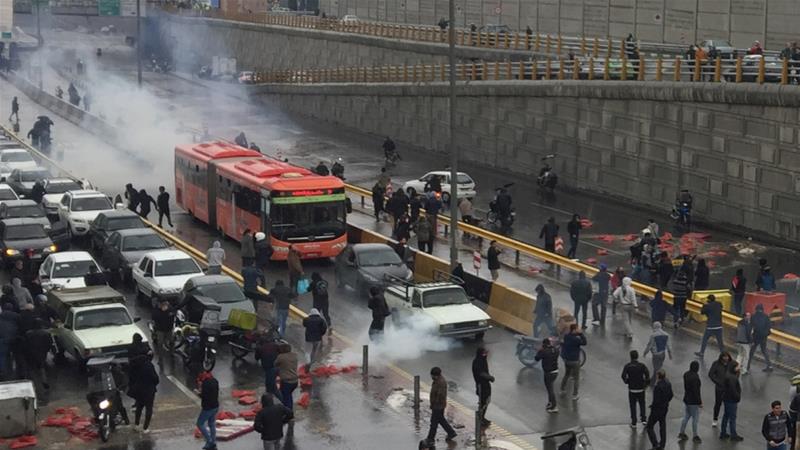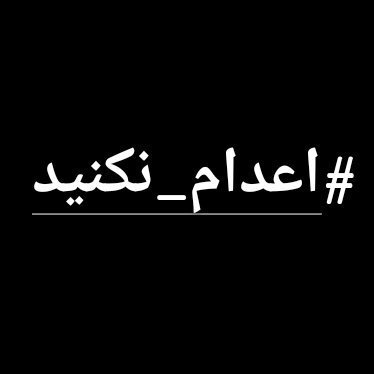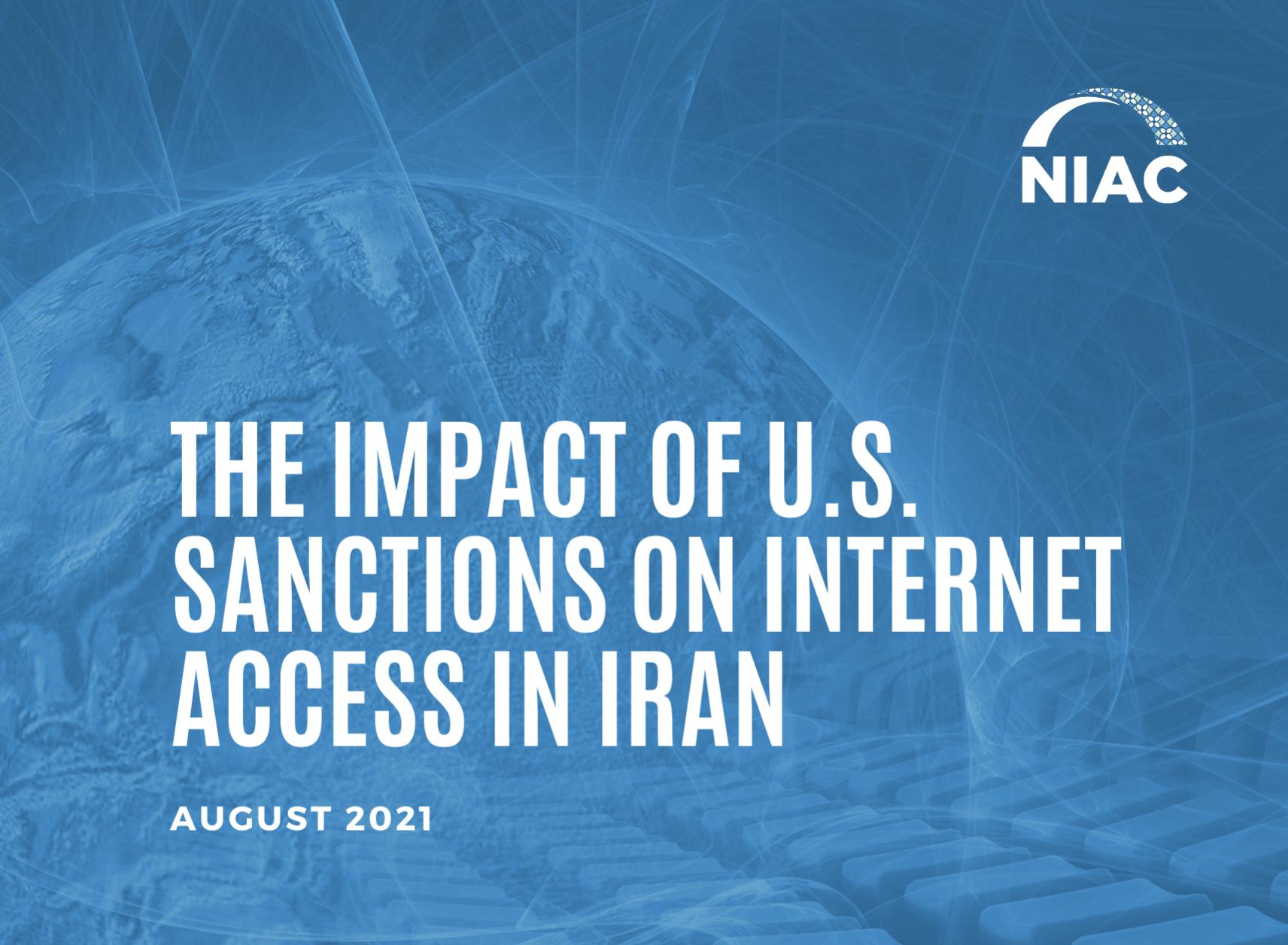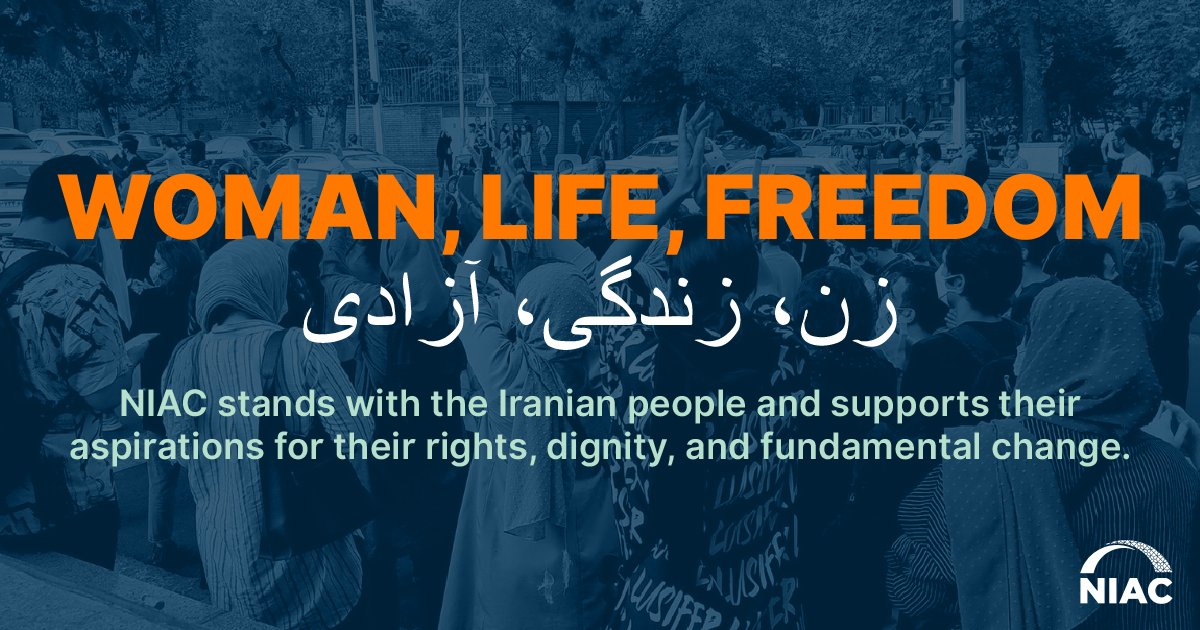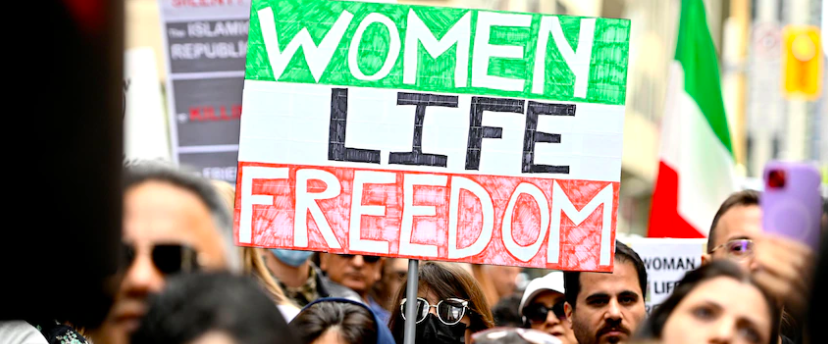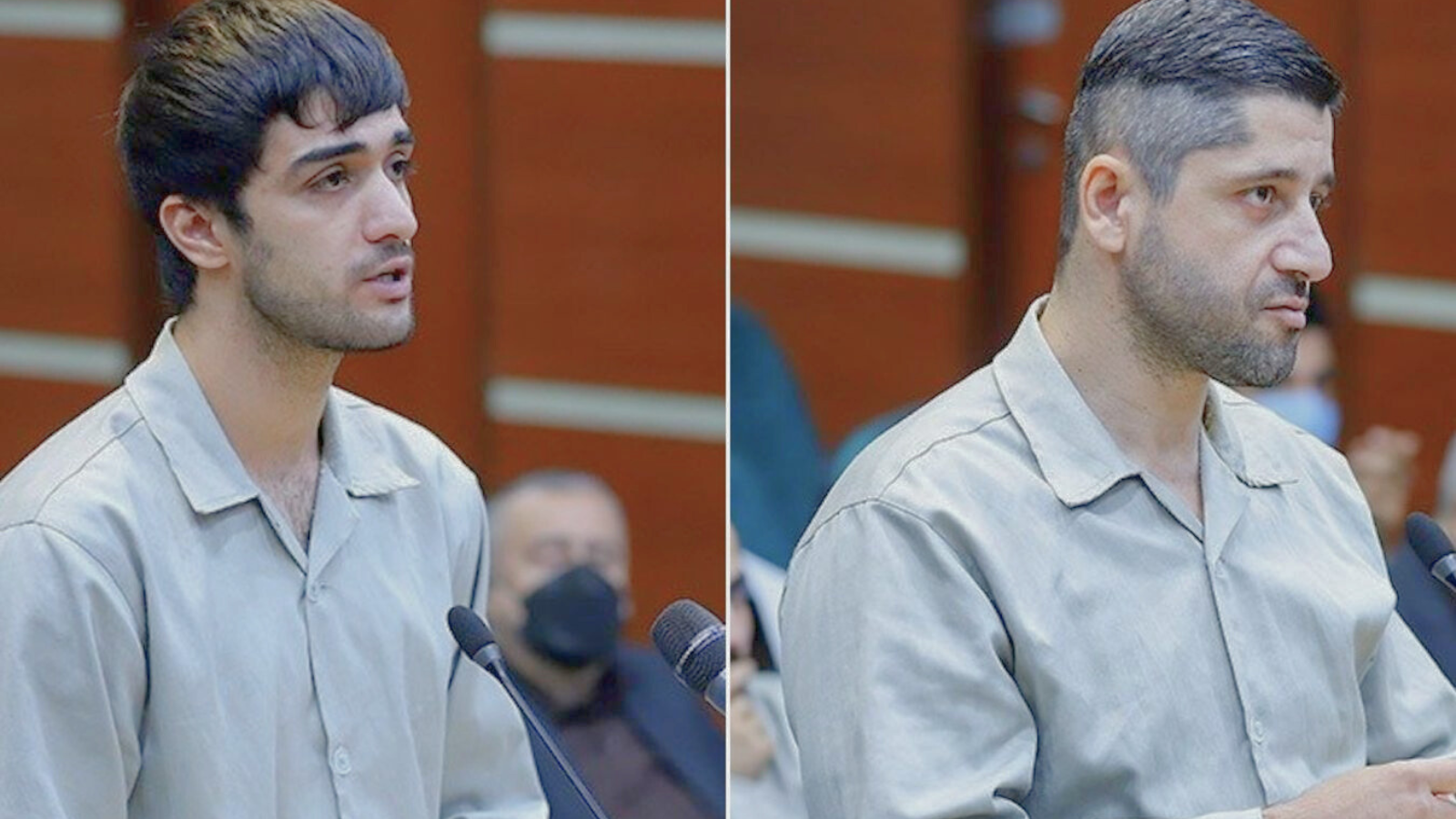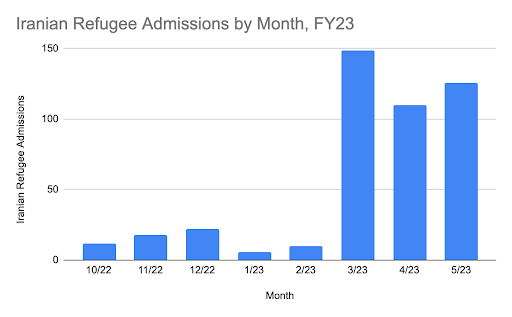Although diplomacy must remain the policy, the momentous upheaval in Iran has completely changed the political landscape. Opening talks with Iran's current government at this decisive moment could backfire severely. Indeed, now is the time for a tactical pause with Iran.
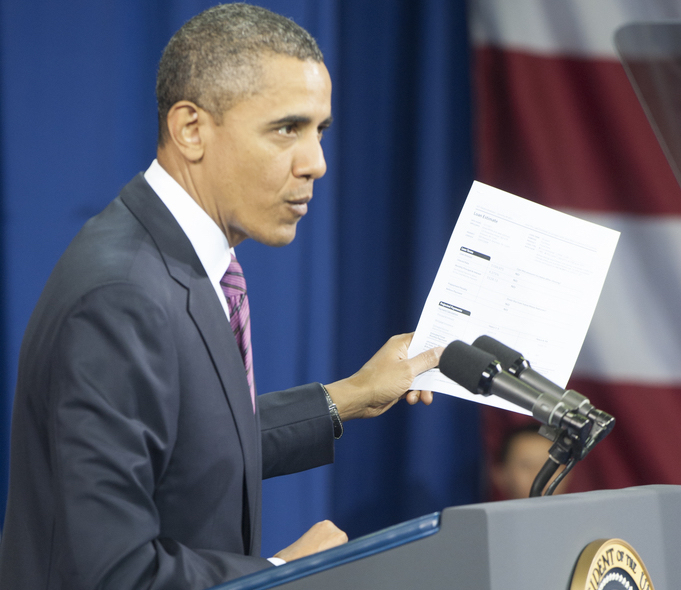
The new law imposes sanctions against human rights abusers in Iran’s government, as well as companies that provide the Iranian government with censorship technology. It also eases US restrictions on Internet communication software and technology for Iranians.
NIAC worked extensively with members of Congress and Executive Branch officials, both before and after the Iranian presidential election in June, to ensure that U.S. sanctions do not infringe upon the Iranian people’s basic rights to access information and communications tools.
While NIAC has consistently opposed broad sanctions that punish innocent Iranians, we strongly support targeted measures aimed squarely at those responsible for human rights violations against the Iranian people.
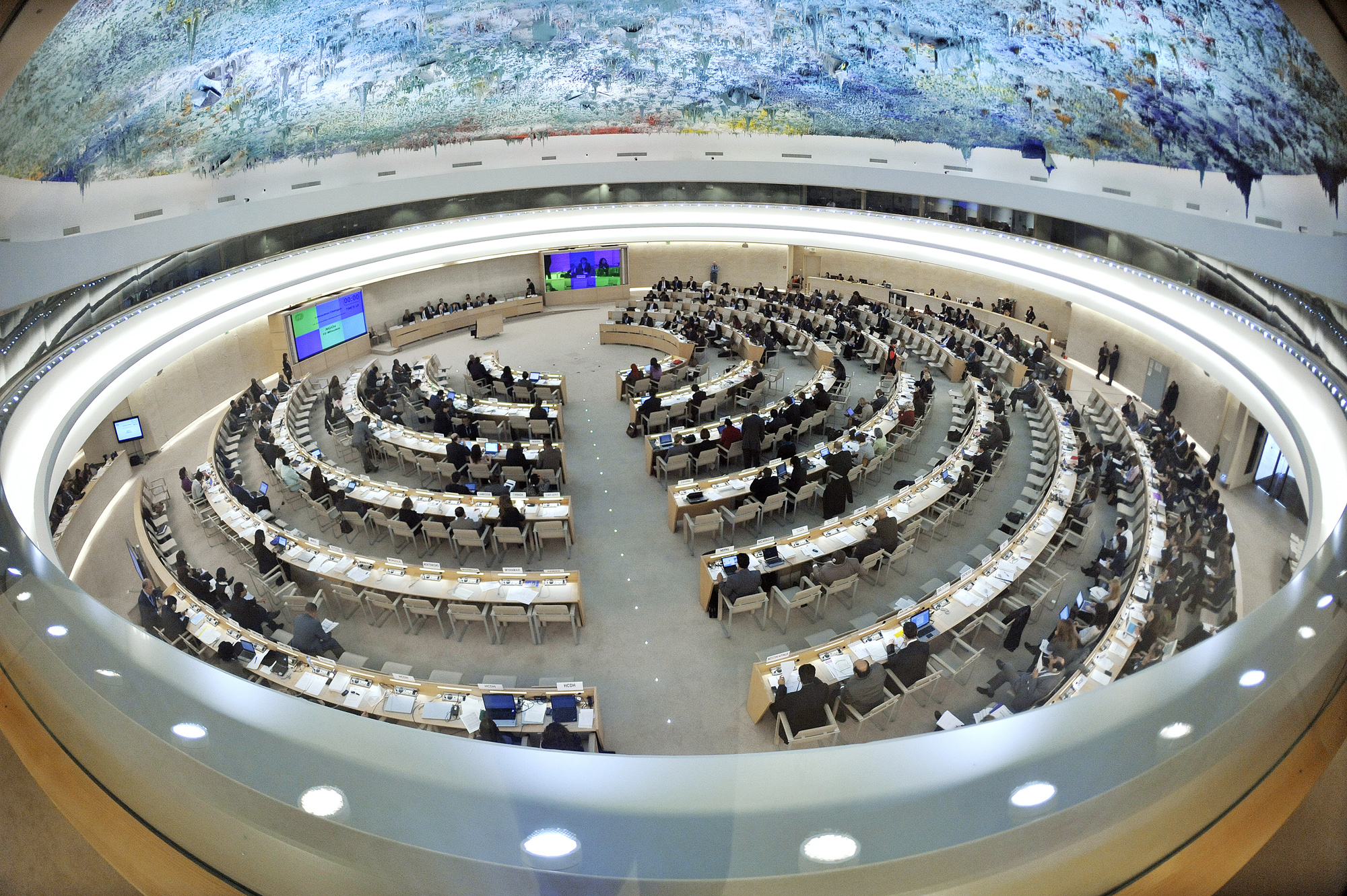
NIAC applauds Senator Carl Levin (D-MI) and 23 other Senators who today called for the Obama Administration to work with the international community to establish an independent U.N. human rights monitor on Iran when the U.N. Human Rights Council convenes this March.
NIAC hosted a conference in the U.S. Senate featuring U.S. State Department and foreign officials, members of Congress, and experts to discuss efforts now underway at the UN Human Rights Council to establish a human rights monitor on Iran.
“This concrete measure sends a powerful message to the government of Iran that the world will not turn a blind eye to its human rights violations,” said NIAC’s Jamal Abdi.
NIAC commends the announcement that the Obama Administration is designating the Islamic Revolutionary Guard Corps (IRGC), Basij paramilitary, Iran’s national police and its chief for U.S. financial and visa restrictions due to their involvement in human rights abuses against the Iranian people.
Sanctions on communications tools in Iran have been in place since before social media, text messaging, and cell phones were an everyday part of life. They have prevented companies from selling laptops, cell phones, or modems to Iran, which has fueled a major black market for these goods. They have blocked services like satellite Internet, website hosting, and VPNs for Iranians. And the sanctions even made it illegal for Iranians to download basic software and security updates, which left many vulnerable to malware and cyber intrusions by the government.
NIAC applauds the Treasury Department’s decision to ease sanctions to enable humanitarian activities by nongovernmental organizations in Iran and athletic exchanges between the U.S. and Iran. This long sought action will help ensure that sanctions do not prevent humanitarian organizations from providing disaster relief and other services to meet basic human needs.
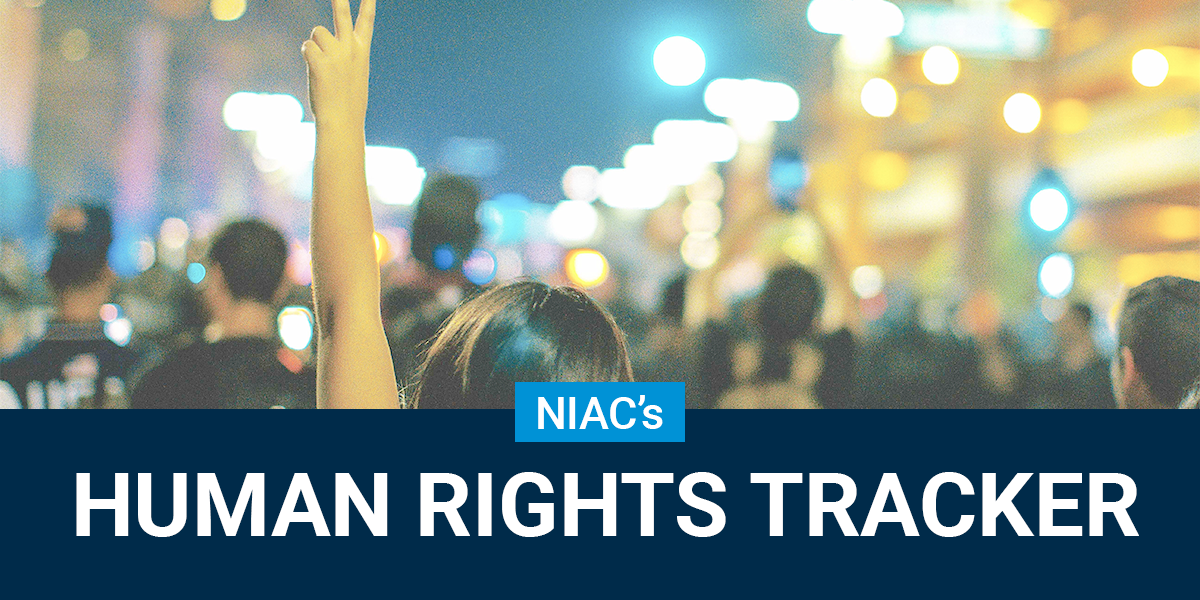
NIAC is dedicated to spotlighting human rights in Iran as a means of holding the Iranian government accountable to the international human rights standards to which it is a signatory. As part of this effort, every week NIAC highlights human rights-related cases as part of our ever-growing Human Rights Tracker.
As the Iranian government implements a near total shutdown of the internet in the midst of a crackdown against widespread protests, the National Iranian American Council (NIAC) called on the U.S. Treasury Department to take necessary steps to ensure U.S. sanctions are not contributing to the Iranian government’s ability to disconnect Iranians.
Many Iranians are rightfully incensed that their government shot down a civilian airliner and killed 176 innocent people, which was compounded by three days of lies to try to cover up the armed forces’ culpability in the shoot down.
NIAC hosted a discussion on internet freedom for Iranians with Rep. Ro Khanna, GitHub's Mike Linksvayer, and Iranian human rights and cyber experts.
The Iranian people have been trapped in a feedback loop of broad economic sanctions from the U.S. government and severe domestic repression by their own government for decades. These are mutually reinforcing phenomena.

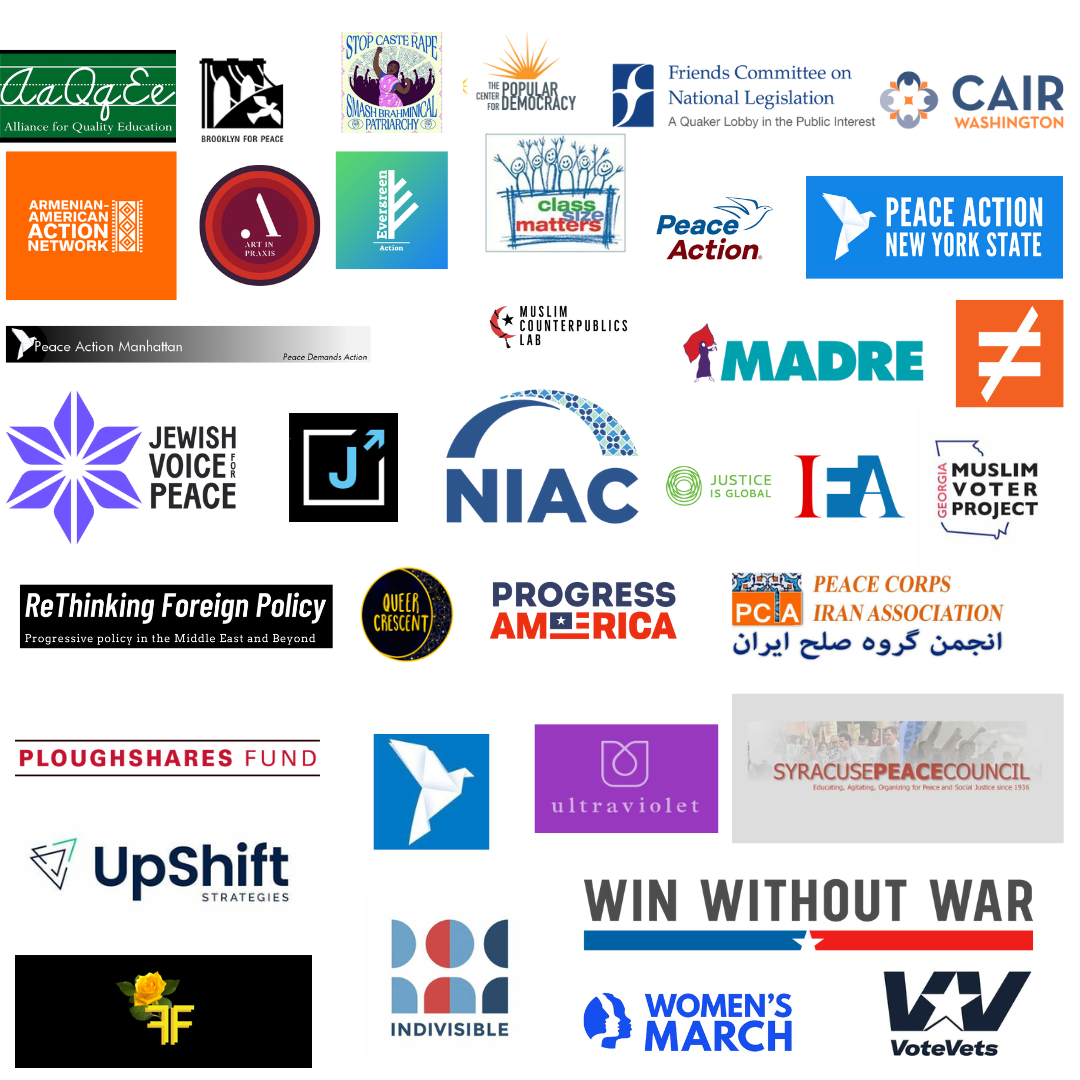
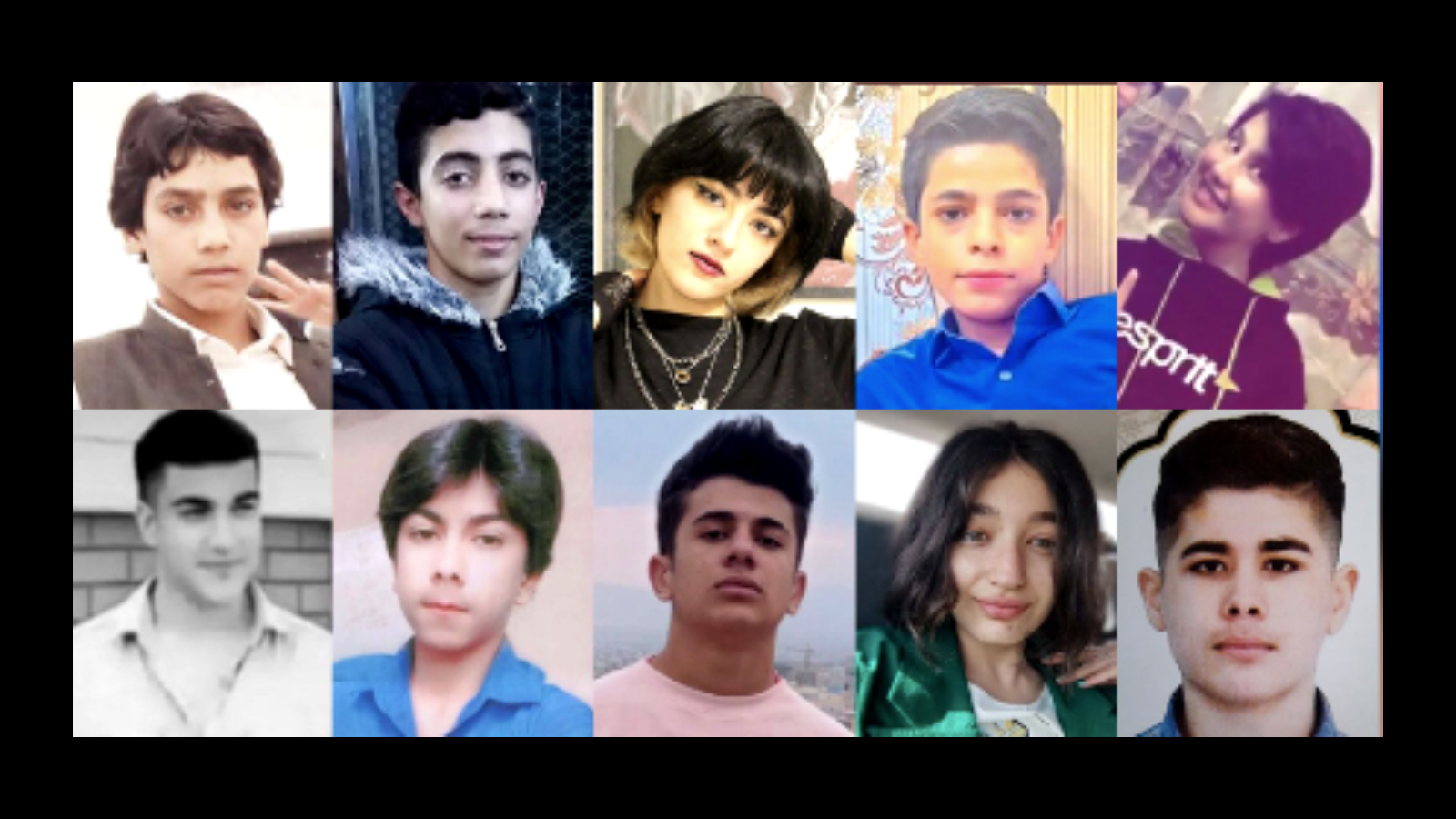


Read More
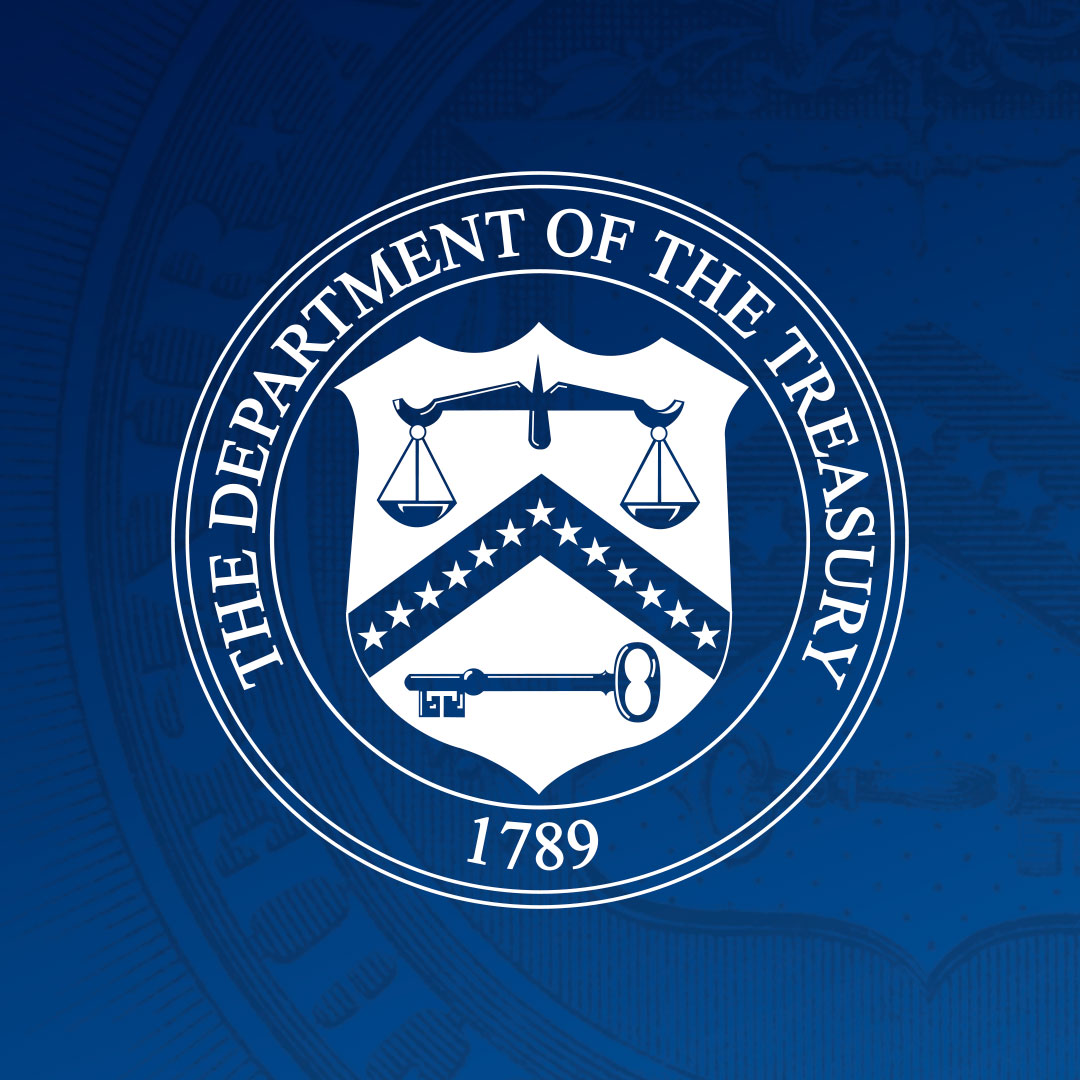
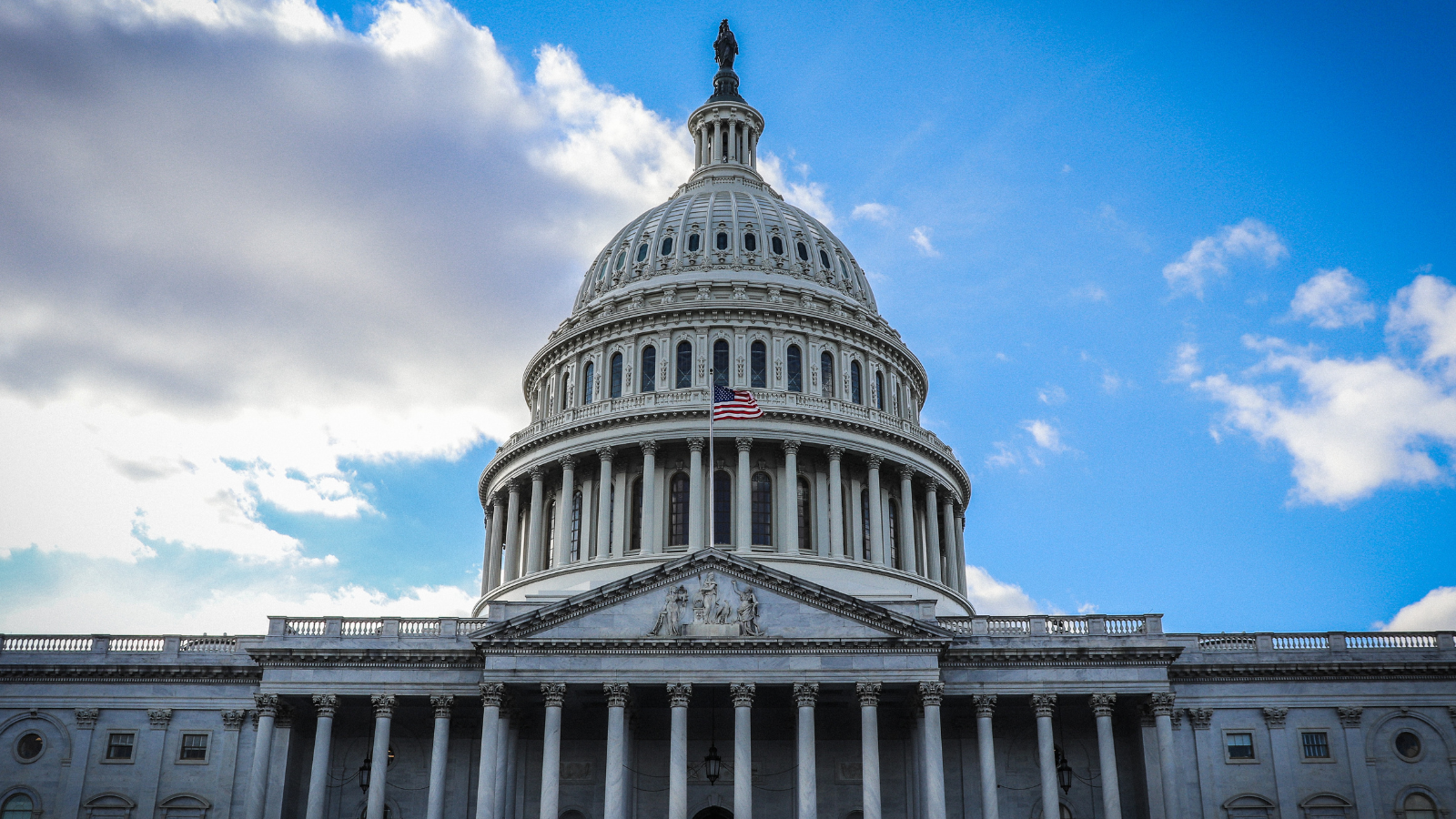
Bipartisan Congressional efforts that truly stand with the people of Iran, and which target the rights abusers in Iran’s government rather than broad-based measures that hurt ordinary citizens, are all-too-rare. However, this time, legislators were able to work across the aisle to pass this critical resolution that uplifts the bravery of the people of Iran and encourages smart steps in solidarity with their cause.
